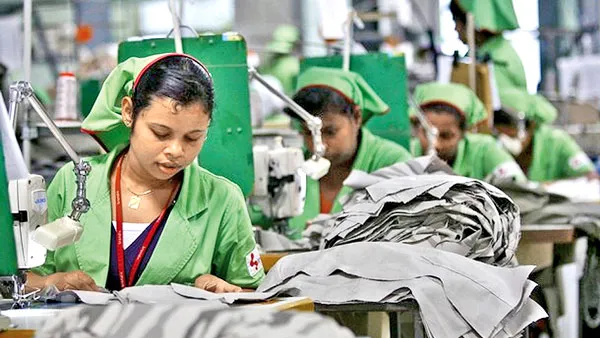Yohan Lawrence, Secretary General of the Joint Apparel Association Forum (JAAF), stressed the necessity of keeping GSP+ until December 2023, noting that regional peers like as Vietnam and India have already signed or have resumed their focus on negotiating FTAs with the EU. He also emphasised the importance of pushing for better trade deals with the EU, US, and UK that are tailored to Sri Lanka’s needs, while also searching for chances in China and India. This, according to Lawrence, is critical for the garment industry to obtain the temporary boost it requires to aid the country’s economic recovery.
It navigated the multiple supply chain risks in the garment industry, which were defined by post-COVID-19 realities, increasing uncertainties in the global geopolitical landscape, market volatility, and the requirement for resilience in the face of such external shocks. The debate topic was timely, and it emphasised efforts made by the Sri Lankan garment industry to overcome supply chain disruptions through innovation and collaboration with the tech industry. Kavida also debuted its new AI platform, which aims to help procurement managers ensure on-time delivery and improve supplier collaboration. The Joint Apparel Association Forum committed its support for the initiative to discover technology-intensive solutions in the discussion areas.
“With growing global trade shifts, the EU is looking at an EU-Asia connectivity strategy, a trade system based on sustainable, comprehensive, rules based connectivity, ensuring prosperity, safety and resilience of people. Sri Lanka already has an excellent track record of delivering products to customers in difficult times. However, we need to ensure these opportunities are not taken away from us.”
Lawrence further emphasised that Sri Lanka must develop a framework to ensure compliance with global trade legislation, which places a heavier burden on suppliers to demonstrate that they have comprehensive systems and risk analysis tools in place, as well as that they have done their due diligence. The event featured a panel of major industry professionals who expressed optimism about how the know-how and innovation culture of the tech industry can complement the scale and durability of the garment business in order to break through supply chain hurdles. The meeting also brought together fashion brands from the United States and the United Kingdom, who promised their support to Sri Lanka and the apparel industry in this time of difficulty.

